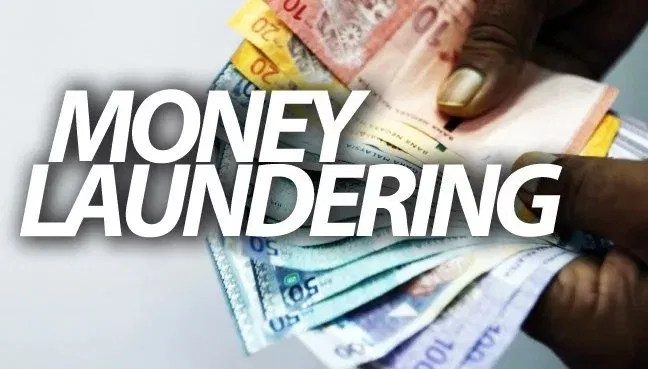
In recent past, there has been lots of arguments with regard to how much cash an individual can keep in his possession. Many have argued that an individual having huge amount of cash in the comfort of his home is an indictment or preliminary evidence of corrupt or fraudulent practices.
This seeming burning issue was recently ruled on by the Court in Nigeria in the case of Economic Financial Crimes Commission (EFCC) v Dr. Martins Oluwafemi Thomas (Appellant) (2018) LPELR-45547. In the case under reference, one Mr. Ibiteye John Bamidele was arrested by the National Drug Law Enforcement Agency (NDLEA) for being in possession of USD 2, 198, 900. 00 cash. The case was referred to the EFCC by the NDLEA. In the course of investigations, Dr. Martins Olufemi Thomas showed up to claim the money and confirmed that he had given the money to Mr. John Bamidele to be taken to Abuja. Several days later, Dr. Martins Thomas instituted an action claiming among other things “ a declaration that the Respondent [EFCC] whether by itself, staff, agents, employees, servants, officers and men under its supervision, direction and/or control are not entitled to seize, detain, confiscate and/or howsoever continue to seize, detain, confiscate, deny and/or deprive the Applicant of access to, possession of and use of his money in the sum of $2,200,000.00 (Two Million Two Hundred Thousand United States Dollars).”
The court resolved the issue in favour of Dr. Thomas. In particular, the court held thus:
“Is there any legal provision against the keeping of money be it local or foreign currency in the house, on your person and outside the bank? None was cited and I also found none in my research. That was the finding of the trial judge too that none was established before him. How then can the keeping money at home or moving same transform to money laundering?……………. It is trite that there cannot be a charge for an offence not named in a law. The act of keeping money at home or other places of choice is not a named offence in any law in this country. The Anti Money Laundering Act does not have such provision and the E.F.C.C. Act also has nothing in that direction. Furthermore, there is also no known offence for traveling with money legitimately earned within the country. The requirement of declaring sums beyond a threshold is only when you are traveling outside the country. Traveling from Lagos to Abuja is still within the territorial jurisdiction of the country known as Nigeria.” [Underlining Ours]
As seen from the excerpts above, the only instance the law requires an individual to make a declaration is when embarking on a trip outside Nigeria and is in possession of cash of over USD 10, 000.
We must emphasize that for the arguments in this case to avail an individual, the source of funds must be legitimate. In the event such funds are proceeds of an illegal act, then there is a high chance that a charge of money laundering may be sustained as it could be argued that the yields of the illegal act is what is being sought to be laundered as clean money. Also worthy of note is Section 1 of the Money Laundering (Prohibition) Act 2011 which provides that “No person or body corporate shall, except in a transaction through a financial institution, make or accept cash payment of a sum exceeding – a. N5,000,000.00 or its equivalent, in the case of an individual; or b. N10,000,000.00 or its equivalent in the case of a body corporate.” This simply means that whenever there is going to be a commercial transaction that will require the exchange of goods or services for cash payments above the limits stated above, such payments should be done through financial institutions.
In view of the case under review, it should not be too surprising why from a strictly legal point of view, it might be difficult to find a top Lagos based politician who people allegedly saw bullion vans entering his compound wanting. The mere fact that he was in possession of a large chunk of cash although suspect, should never be the basis of a criminal charge.
While we strongly advise that you deposit your funds with licensed Deposit Money Banks, we wish to state that if for any reason you feel more comfortable staring at your funds stored somewhere in your comfort zone, the law as of today in Nigeria does not criminalize such act, provided the money was earned legitimately.
DISCLAIMER
This article does not create a Client/Attorney relationship. Readers are advised to seek from qualified Legal Practitioners, legal counseling to any questions or concerns arising from their specific factual situation. You can reach ABL Partners at contact@ablpartnerslp.com or +234 8182824007.